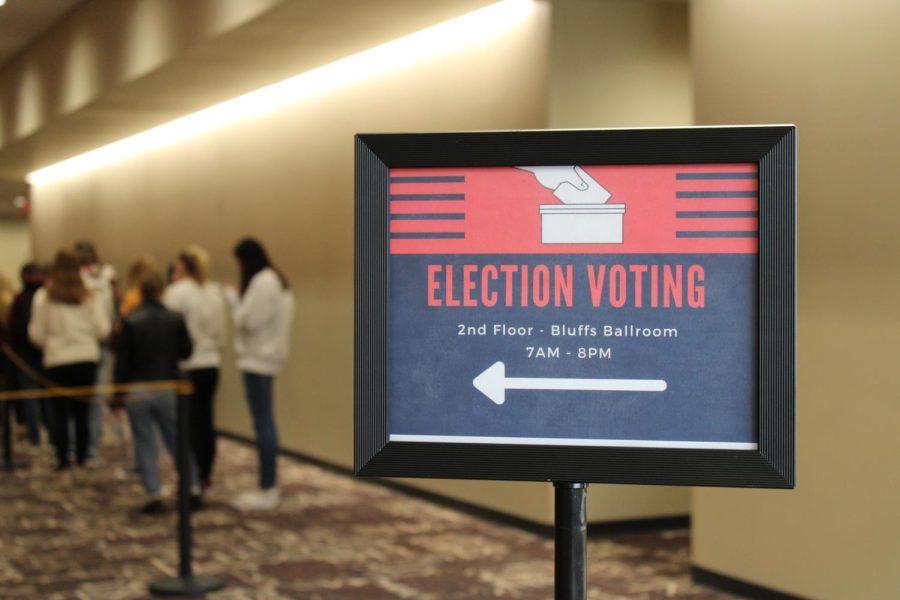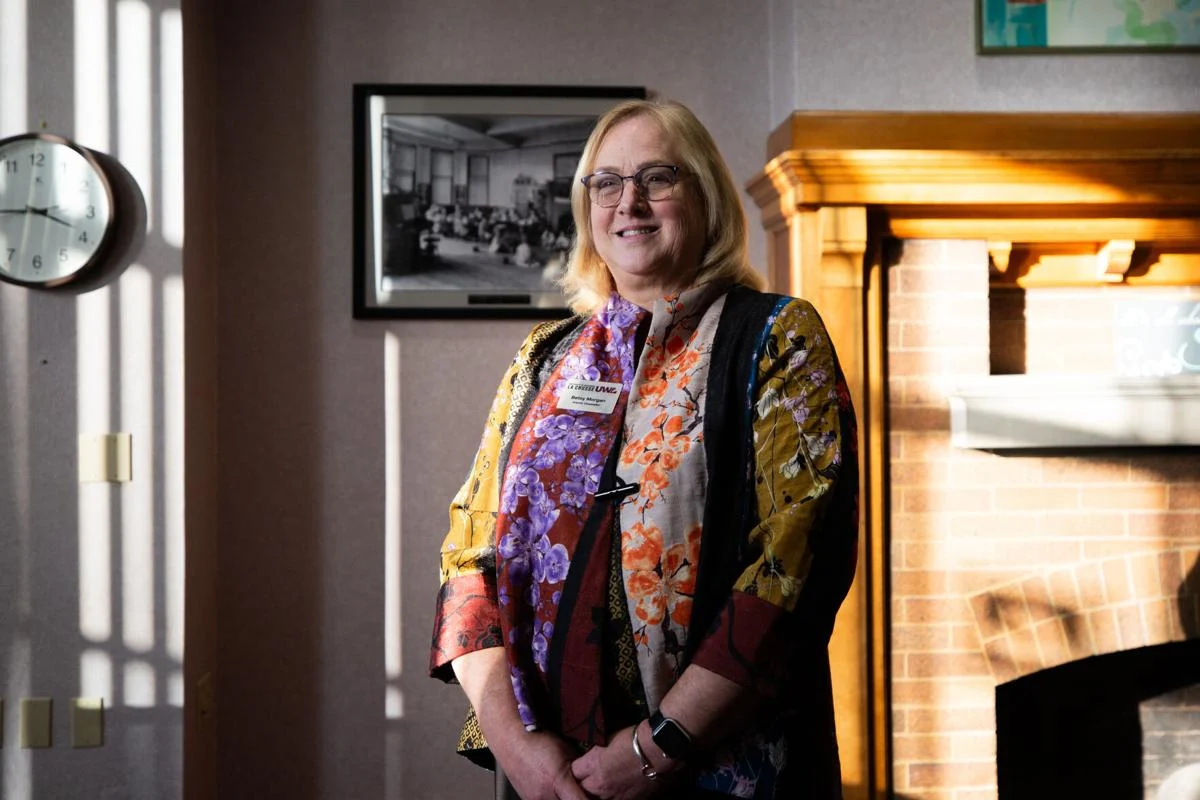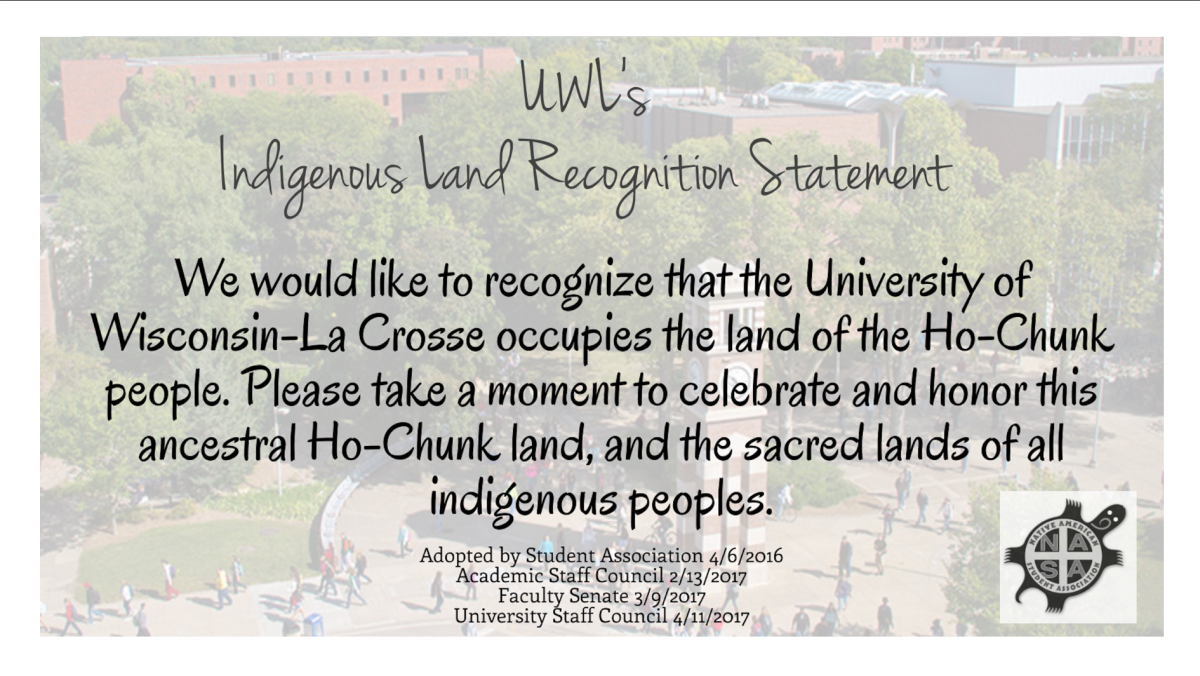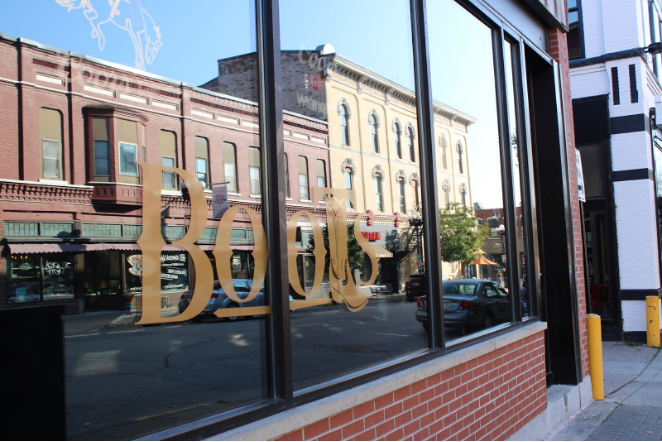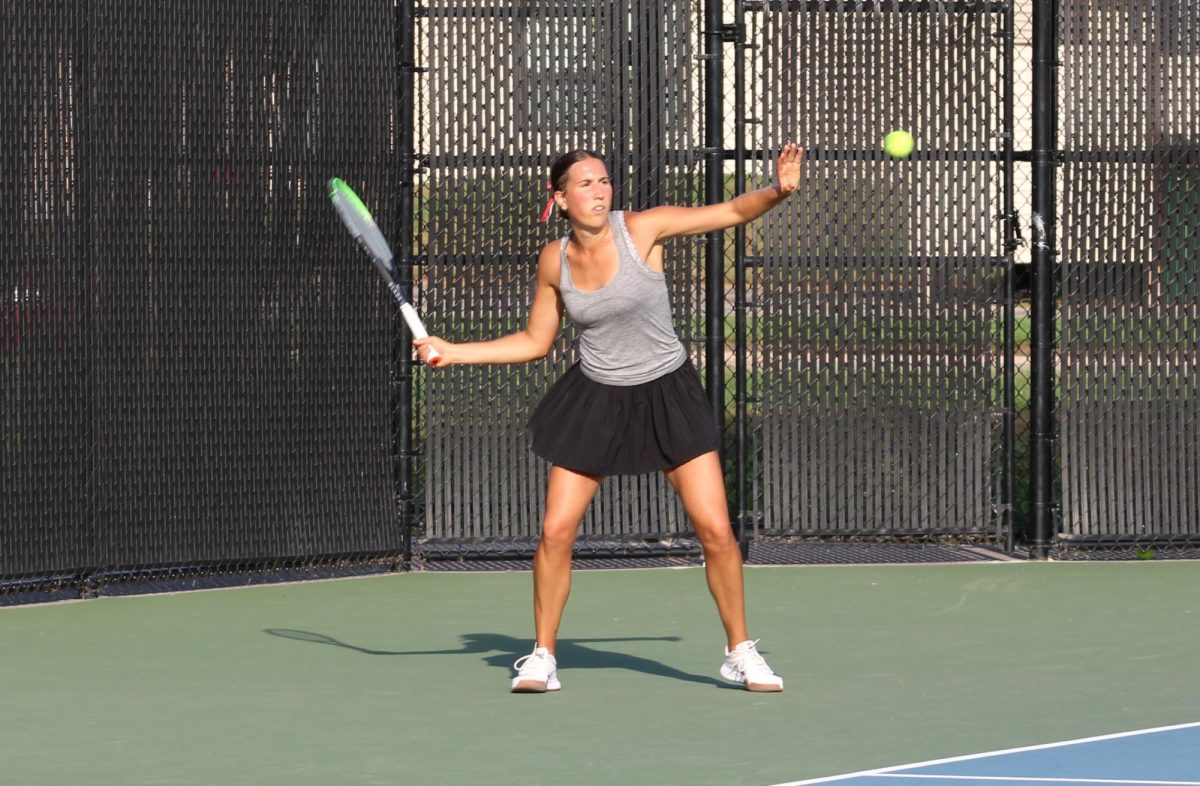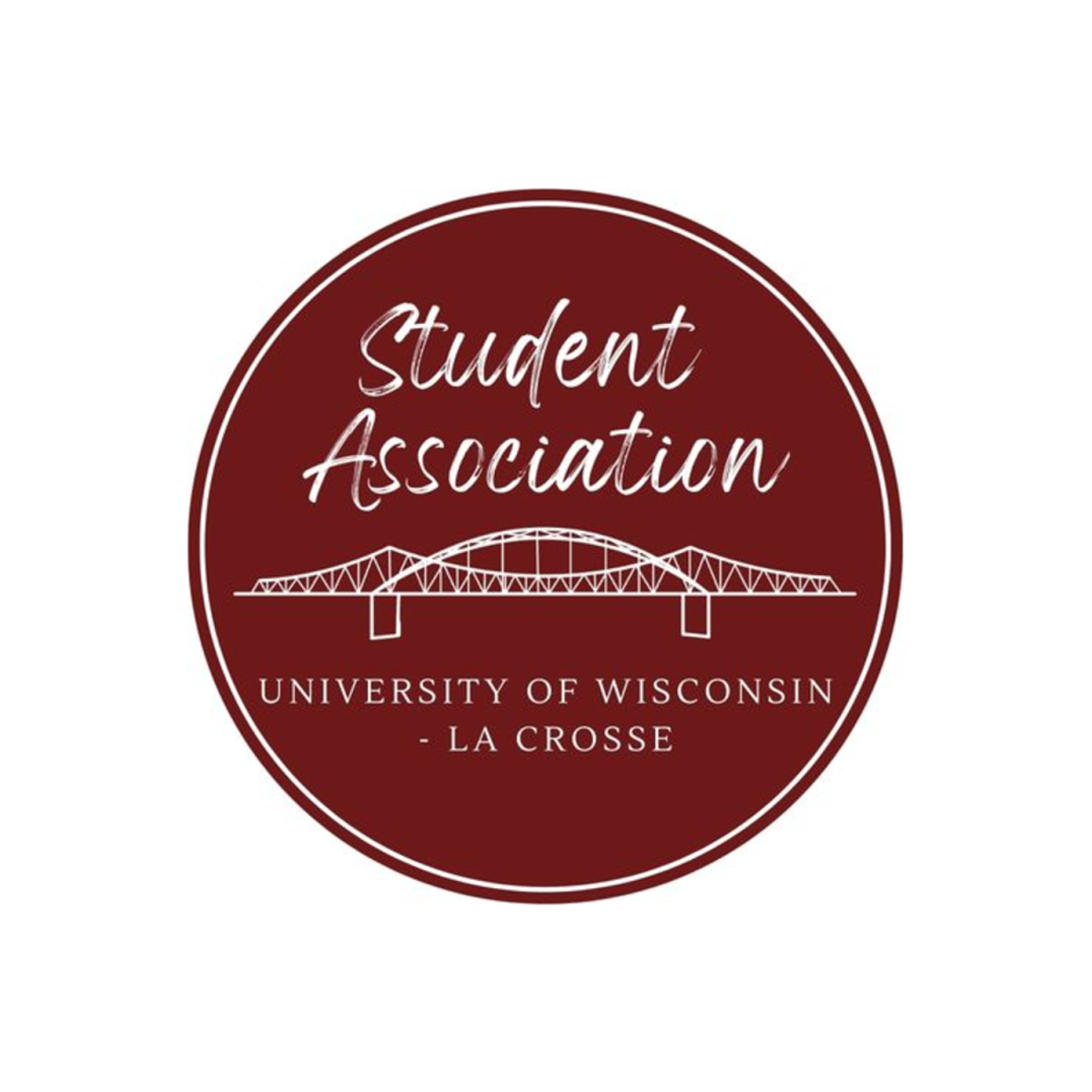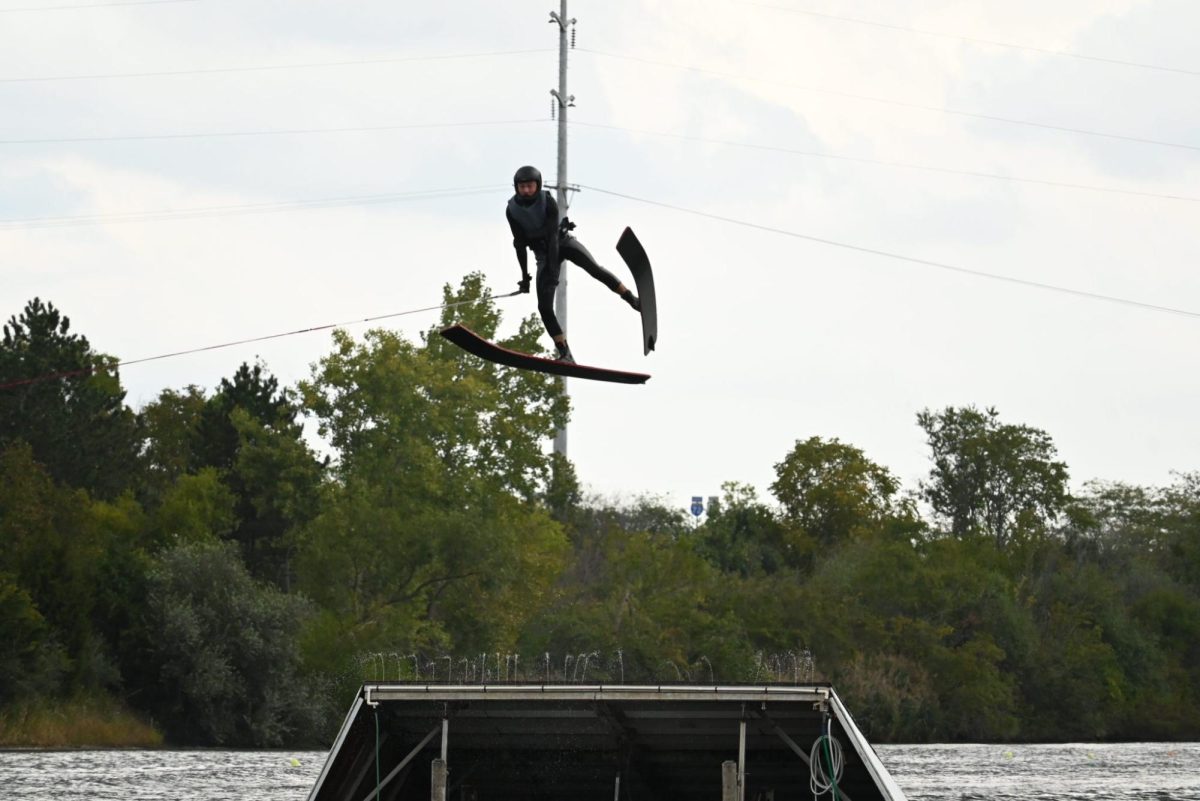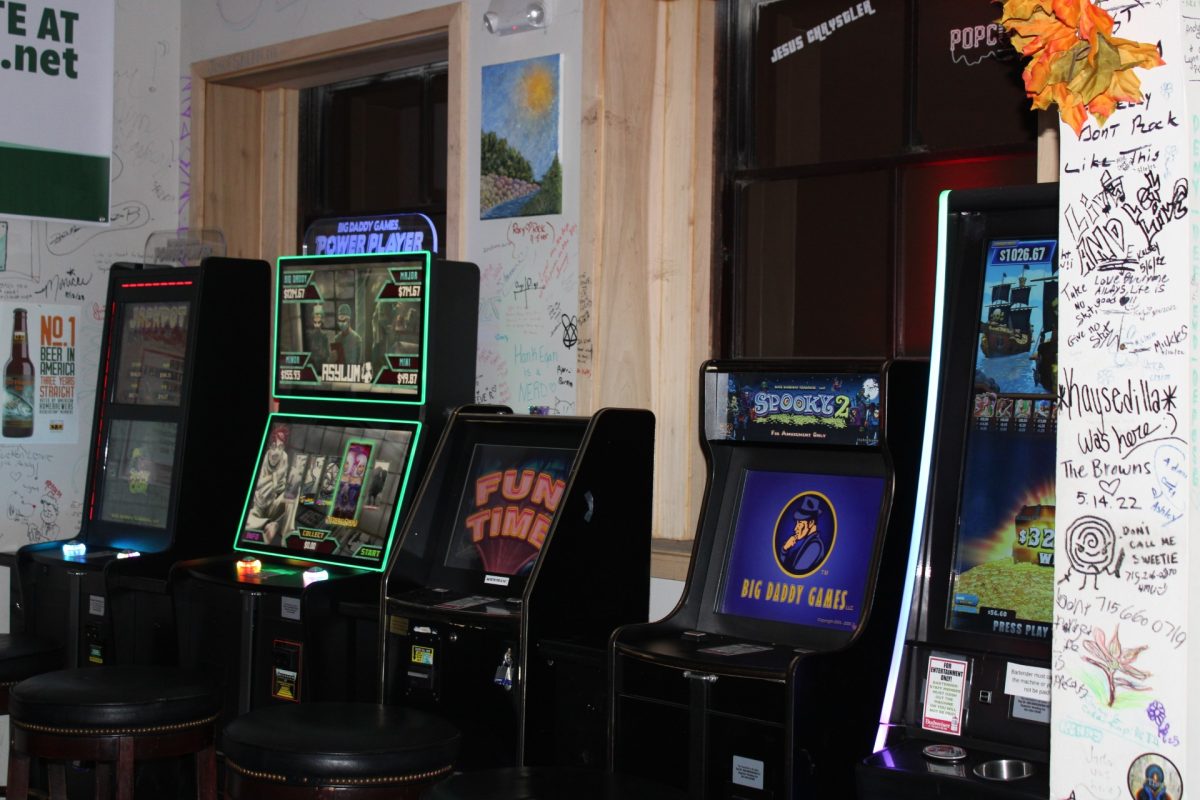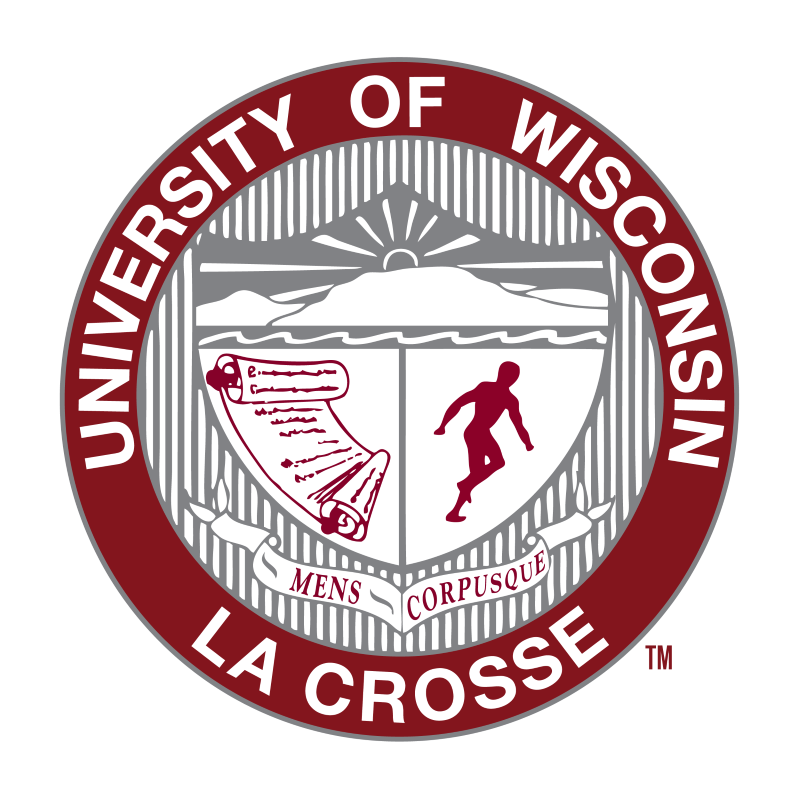The 2024 presidential election ballot in Wisconsin includes a statewide referendum question on noncitizen voting. Wisconsin voters will answer yes or no to a language change in the state constitution.
The referendum question reads: “Eligibility to vote. Shall section 1 of article III of the constitution, which deals with suffrage, be amended to provide that only a United States citizen age 18 or older who resides in an election district may vote in an election for national, state, or local office or at a statewide or local referendum?”
Section 1 of article III of the Wisconsin Constitution currently reads: “Every United States citizen age 18 or older who is a resident of an election district in this state is a qualified elector of that district.”
If you vote “Yes,” you are voting that you want the word “every” to be changed to “only” and to add the language to all elections and referendums in the future. If you vote “No,” you are voting to keep the current language in the constitution.
On its face this amendment to the constitution will change nothing, as federal law already states noncitizens are not eligible to vote in federal elections and there are no cities, towns or villages in Wisconsin that allow noncitizens to vote in local elections. This law is reflected in voter registration forms in Wisconsin, which begin by asking “Are you a citizen of the United States?” if this box is not checked the form will not be considered.
So what is the potential impact of this amendment and why do more than 30 Wisconsin organizations urge voters to vote against the change?
The proposed change in language is meant to prevent any future scenario where municipalities in Wisconsin would extend voting rights to noncitizens in local elections. Although no such situations currently exist in Wisconsin, other states do permit noncitizens to vote in local elections.
In 2016, San Francisco voters passed an amendment to their state constitution by referendum to allow noncitizens to vote in school board elections. The decision permits noncitizen parents of children residing in San Francisco to vote in San Francisco Board of Education Elections. In Maryland, 11 municipalities allow noncitizens to vote in certain local elections. These two states are joined by seven other municipalities in the United States with similar noncitizen voting permissions.
These municipalities argue the groups of noncitizens allowed to vote in these select cases are long term residents and green card holders who pay taxes, they are members of their community and thus impacted by local services.
30 Wisconsin-based organizations issued a joint statement to urge voters to vote no. “State legislators are pushing an anti-voter amendment that would change the language of our state’s constitution. It could open the door to discriminatory practices, disenfranchising hundreds of thousands of eligible voters,” the statement read.
A constitutional amendment requires a statewide referendum placed on the ballot by the state legislature, which in Wisconsin is controlled by Republicans. Sen. Julian Bradley of New Berlin is one author of the proposed amendment.
In a statement to Milwaukee Journal Sentinel Bradley said, “If, in the future, people want to allow noncitizens to start voting, I think it should be very difficult to make that change. That’s why we have a constitutional process that we have.”
No proposed bills have entered Wisconsin Legislature to allow noncitizens to vote. Again, the amendment is to restrict possible bills in the future.
The Wisconsin State Director for All Voting is Local, Sam Liebert said in the joint statement, “The claims backing this amendment are coming from anti-immigrant and anti-voter extremists in an attempt to sow distrust in our democratic process for their political gain.”
“This amendment addresses a nonissue, but it is also dangerous, as it could lead to additional laws erecting barriers to the ballot for eligible voters, eventually silencing Wisconsinites’ voices. To protect ALL voters, we must unequivocally reject this amendment,” Liebert said.
To register to vote, check your registration status or find your polling place, go to myvote.wi.gov (non-Wisconsin residents go to vote.org) to find all the information you need to vote on Tuesday, Nov. 5 or before.

